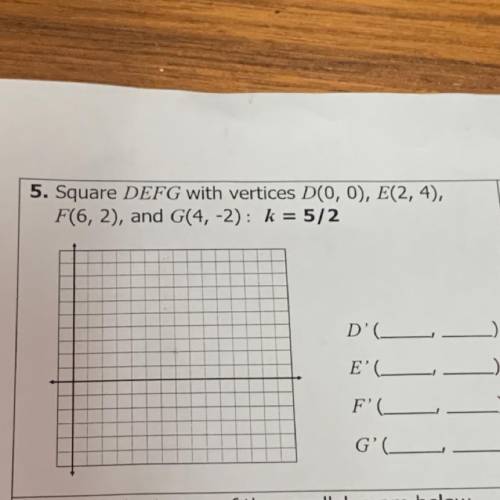see below
step-by-step explanation:
7. there are 10 data points in the set. the middle point is between 5 and 6. the middle point in the top half is 8 and the middle point in the bottom half is 3. to find the iqr , take point 8 and subtract point 3
mid term point 8 = 100 point 3 = 88
iqr = 100-88 = 12
final point 8 = 93 point 3 = 78
iqr = 93 - 78 = 15
the final has the greatest iqr
6. b - there is a high data value that causes the data set to be asymmetrical for the males: the data for males are high and asymmetrical . there is an outlier for the males that skews the data
5. the iqr is a better measure of spread for the movies and basketball games. since the basketball game has an outlier, we do not want to use standard deviation for measurement.
3. the exam median is much higher than the class median. the median line is farther to the right on the exams
2. there is no way to tell what the means are from the box and whisker plots.



























